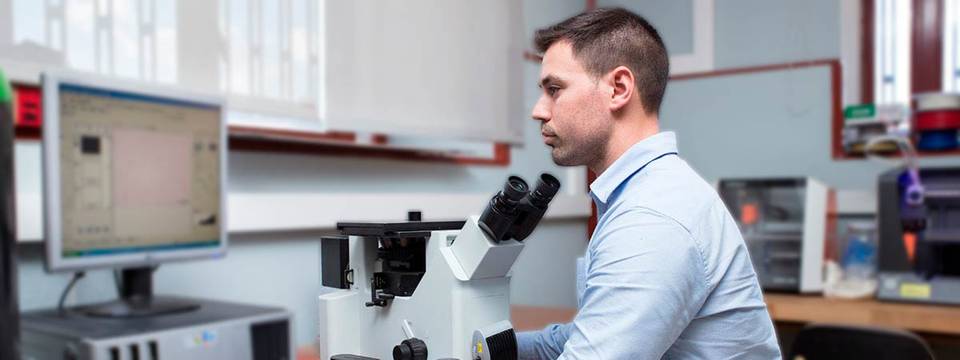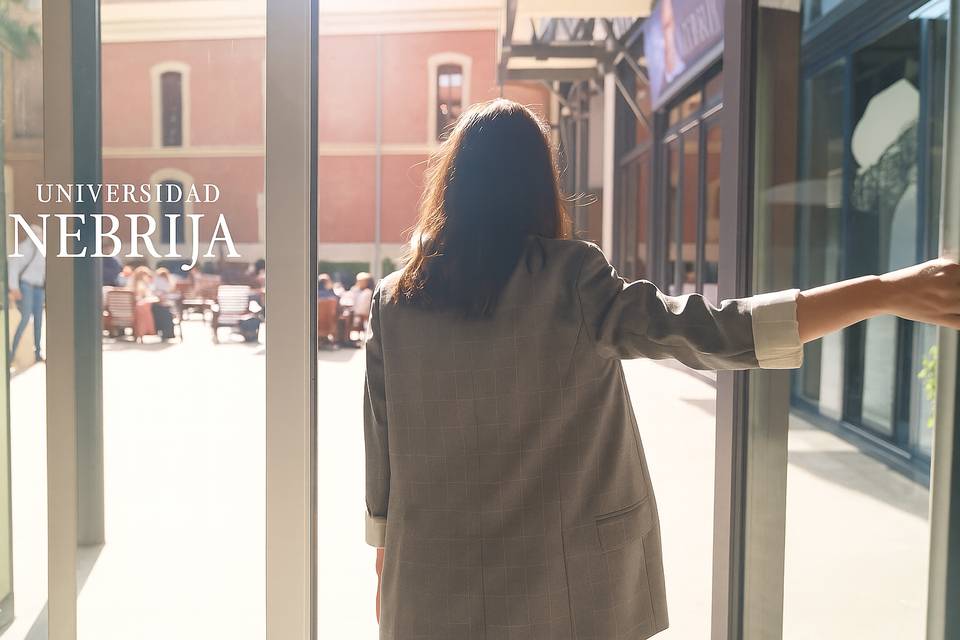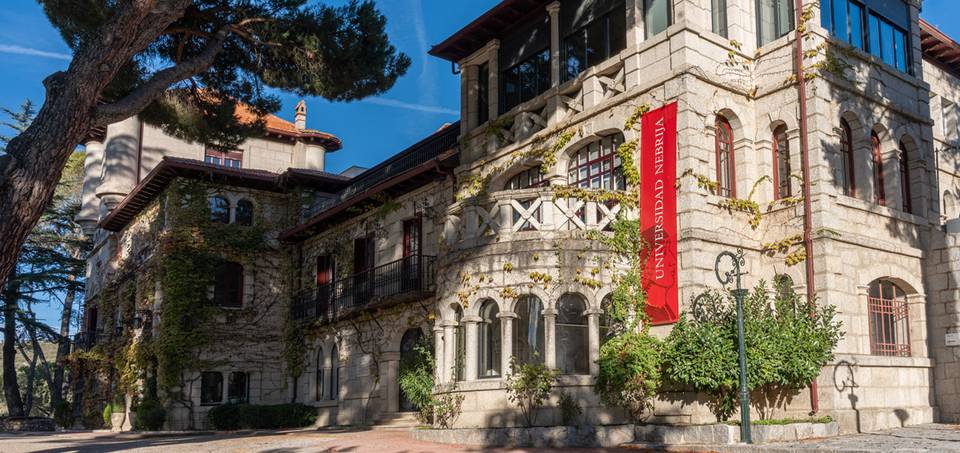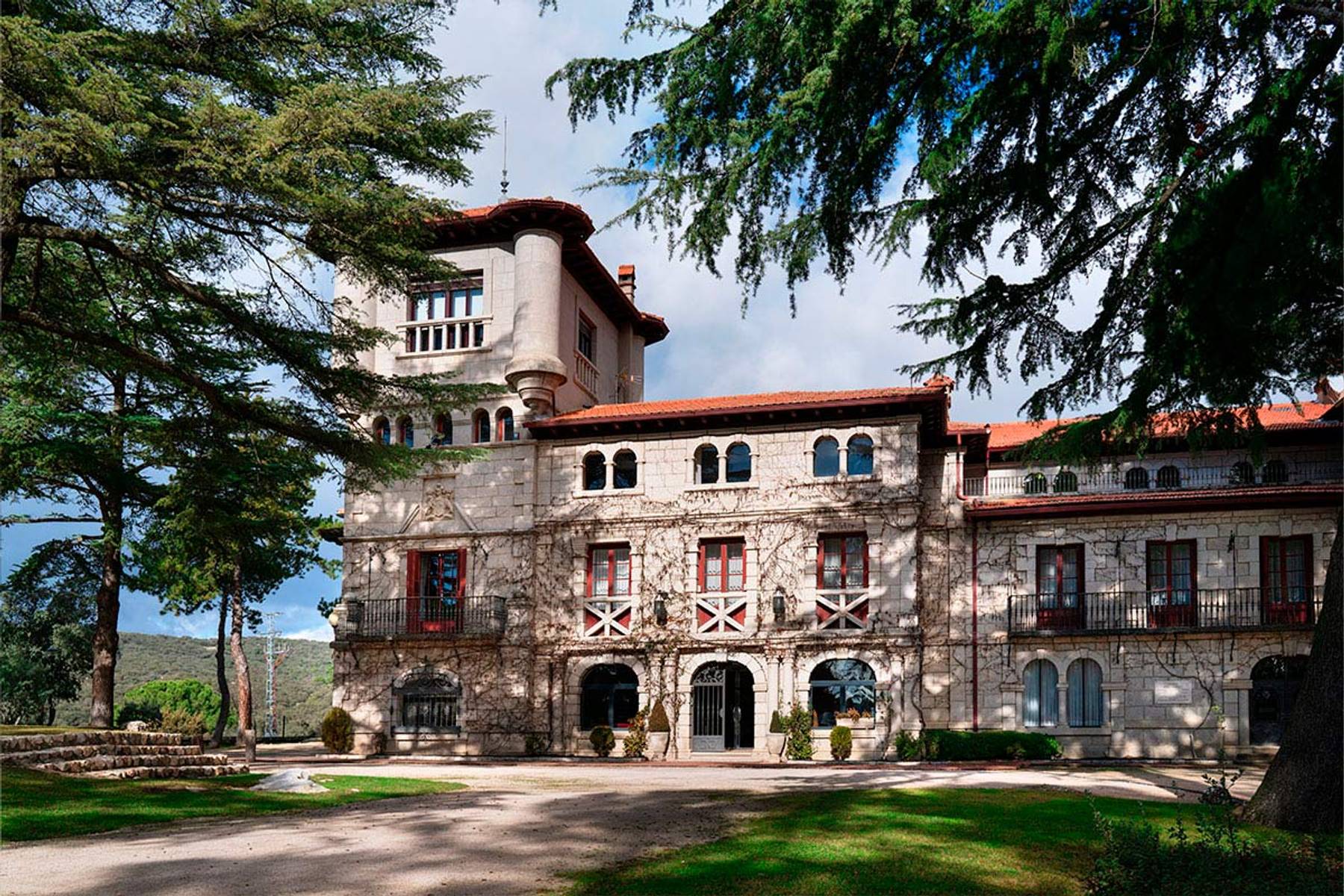Nebrija Investiga
Vicerrectorado de Investigación
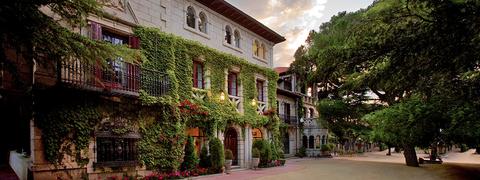
El Vicerrectorado de Investigación tiene como objetivo desarrollar las misiones de investigación y de transferencia de conocimiento que están encomendadas a la institución universitaria. Su actividad se desarrolla en cuatro áreas: Doctorado, Grupos de Investigación, Cátedras de investigación y Biblioteca:
Estructura del Vicerrectorado
de Investigación
Datos de contacto
Secretaría del Vicerrectorado:
10
Programas de Doctorado
20
Grupos y Centros de Investigación
10
Cátedras
544
Publicaciones indexadas
+73mil
Fondo bibliográfico
